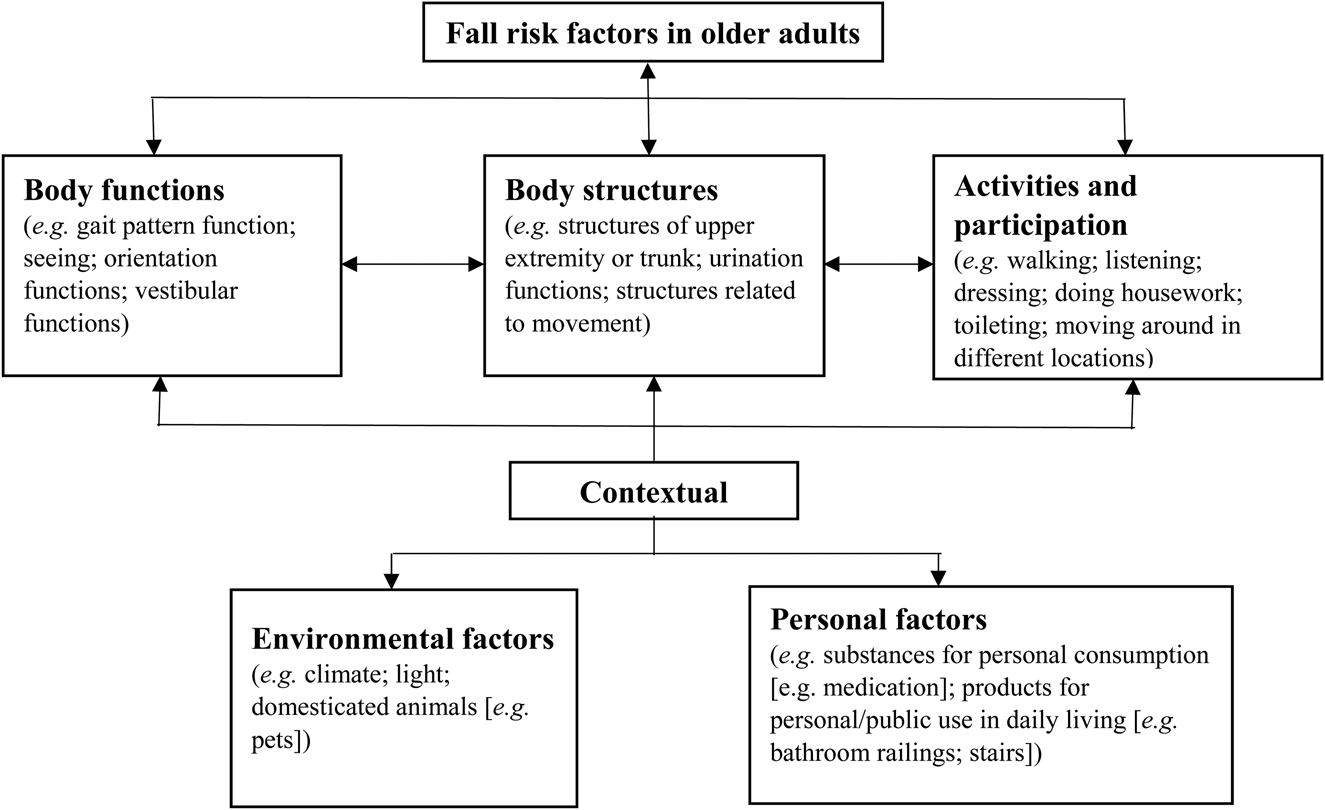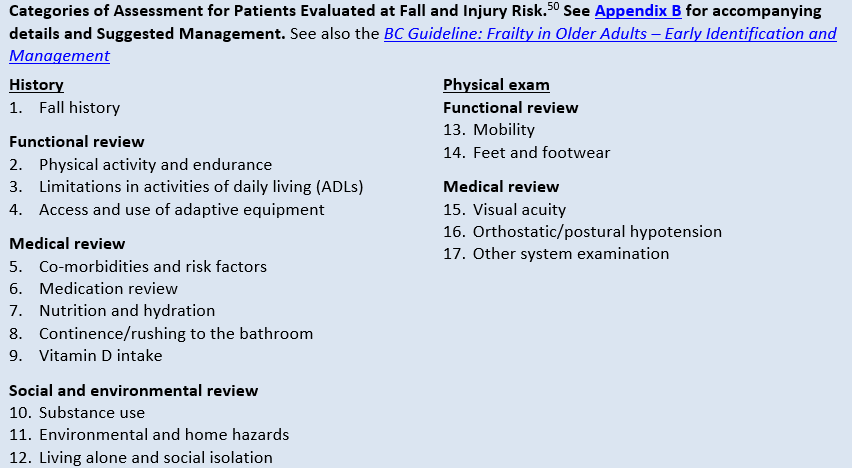All About Dementia Fall Risk
Table of ContentsExcitement About Dementia Fall RiskThe Best Guide To Dementia Fall RiskThe smart Trick of Dementia Fall Risk That Nobody is DiscussingDementia Fall Risk Can Be Fun For EveryoneLittle Known Facts About Dementia Fall Risk.
Ensure that there is a designated location in your clinical charting system where staff can document/reference ratings and document pertinent notes associated to fall prevention. The Johns Hopkins Loss Threat Analysis Device is one of lots of tools your personnel can utilize to help prevent unfavorable medical occasions.Client falls in hospitals prevail and incapacitating negative occasions that linger regardless of years of effort to decrease them. Improving communication across the examining nurse, care team, patient, and person's most entailed buddies and household may strengthen fall avoidance efforts. A group at Brigham and Female's Healthcare facility in Boston, Massachusetts, sought to create a standardized loss prevention program that focused around enhanced interaction and individual and family involvement.

The development team highlighted that successful implementation relies on person and personnel buy-in, combination of the program right into existing workflows, and fidelity to program processes. The group noted that they are coming to grips with how to ensure connection in program execution throughout periods of situation. Throughout the COVID-19 pandemic, as an example, an increase in inpatient drops was connected with limitations in patient involvement together with restrictions on visitation.
The Of Dementia Fall Risk
These incidents are normally considered preventable. To implement the intervention, companies need the following: Accessibility to Fall ideas resources Autumn pointers training and retraining for nursing and non-nursing personnel, consisting of new registered nurses Nursing workflows that enable for person and household involvement to conduct the falls analysis, ensure use the avoidance plan, and carry out patient-level audits.
The outcomes can be very harmful, usually increasing client decline and creating longer hospital stays. One research estimated remains raised an additional 12 in-patient days after a patient autumn. The Loss TIPS Program is based upon engaging clients and their family/loved ones throughout 3 main processes: analysis, customized preventative treatments, and auditing to guarantee that individuals are taken part in the three-step loss prevention procedure.
The individual analysis is based upon the Morse Loss Range, which is a verified fall danger evaluation device for in-patient health center setups. The range consists of the six most typical reasons clients in healthcare facilities drop: the person loss background, risky problems (consisting of polypharmacy), usage of IVs and various other exterior tools, psychological standing, stride, and flexibility.
Each risk element links with one or even more actionable evidence-based interventions. The nurse creates a strategy that includes the interventions and shows up to the treatment team, client, and family on a laminated poster or printed aesthetic help. Registered nurses develop the strategy while meeting the individual and the individual's household.
The Only Guide to Dementia Fall Risk
The poster offers as a communication tool with various other members of the person's treatment team. Dementia Fall Risk. The audit part of the program consists of evaluating the person's expertise of their danger elements and prevention strategy at the system and hospital degrees. Nurse champions carry out at least 5 individual meetings a month with clients and their family members to inspect for understanding of the loss avoidance strategy

An approximated 30% of these falls outcome in injuries, which can vary in severity. Unlike various other unfavorable occasions that need a standard clinical feedback, find more information autumn avoidance depends extremely on the demands of the individual.
Dementia Fall Risk for Dummies

Based on bookkeeping results, one website had 86% conformity and two sites had over 95% conformity. A cost-benefit analysis of the Fall pointers program in eight healthcare facilities estimated that the program price $0.88 per client to implement and resulted in financial savings of $8,500 per 1000 patient-days in straight costs associated Recommended Site with the prevention of 567 tips over three years and 8 months.
According to the advancement team, companies thinking about implementing the program must conduct a preparedness assessment and drops prevention spaces analysis. 8 Furthermore, organizations must guarantee the essential facilities and operations for implementation and establish an implementation strategy. If one exists, the company's Autumn Avoidance Task Pressure should be associated with preparation.
Examine This Report on Dementia Fall Risk
To begin, organizations ought to make sure completion of training modules by registered nurses and nursing assistants - Dementia Fall Risk. Healthcare facility team need to analyze, based upon the requirements of a medical facility, whether to utilize a digital health record hard copy or paper version of the fall prevention strategy. Applying groups should recruit and train registered nurse champions and establish processes for auditing and coverage on fall data
Staff require to be involved in the process of revamping review the process to engage individuals and household in the evaluation and avoidance plan process. Systems ought to be in place to ensure that systems can comprehend why a fall occurred and remediate the cause. More specifically, registered nurses need to have networks to offer continuous comments to both staff and unit management so they can readjust and boost autumn prevention workflows and connect systemic issues.